Complete Solutions to work out Example of chapter PHYSICS AND MATHEMATICS of Class 11 book with complete answers and questions
| Class 11 | PHYSICS |
| Chapter | PHYSICS AND MATHEMATICS |
| HC VERMA | work out Example |
| Number Of Questions | 18 |
| Academic Year | 2023-24 |
A vector has component along the X-axis equal to 25 unit and along the Y-axis equl to 60 unit. Find the magnitude and direction of the vector.
View SolutionFind the resultant of the three vectors shown in figure .
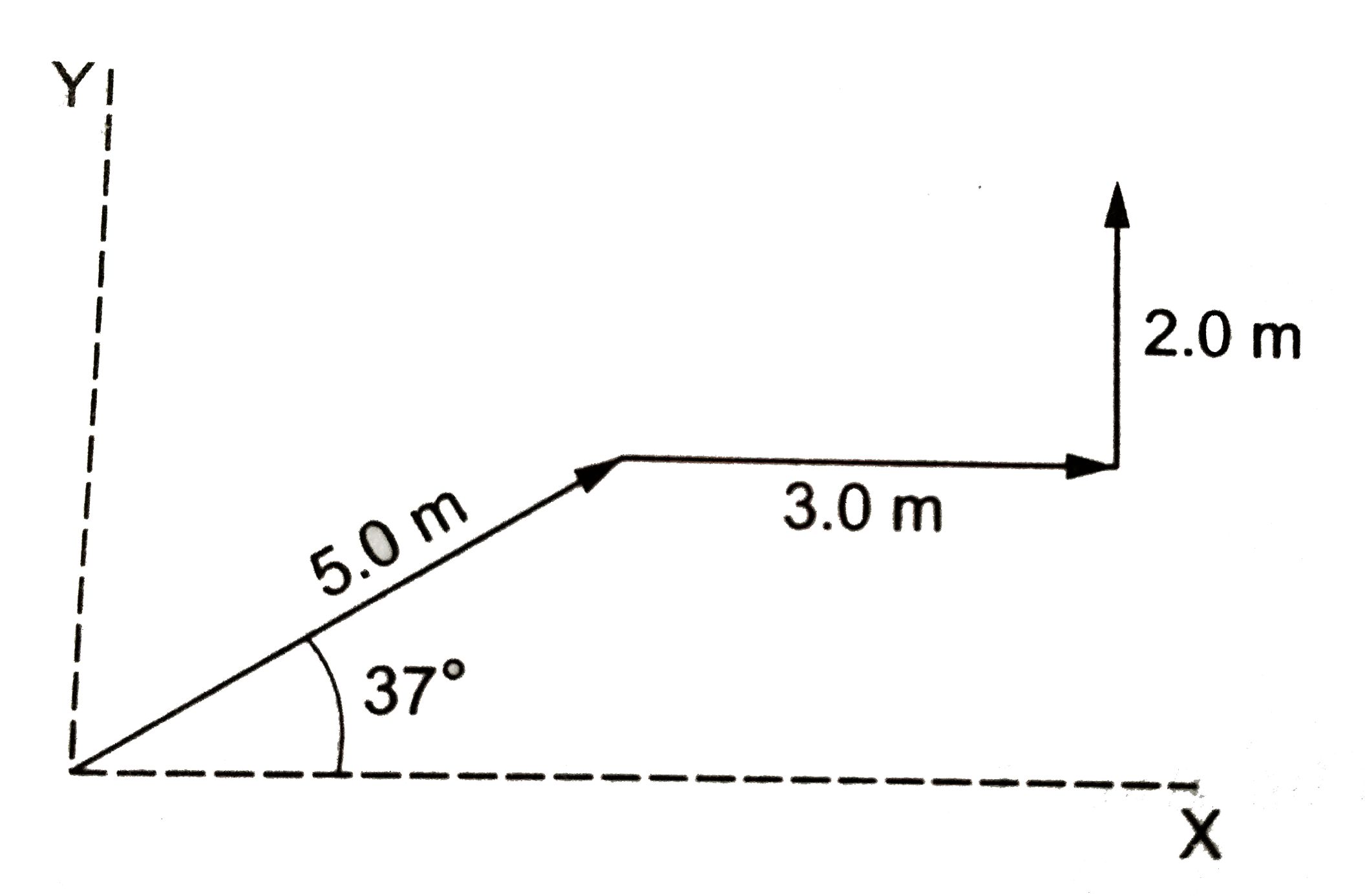 .
.
View SolutionThe sum of the three vectors shown in figure is zero. Find the magnitudes of the vectors `vec(OB) and vec(OC)`.
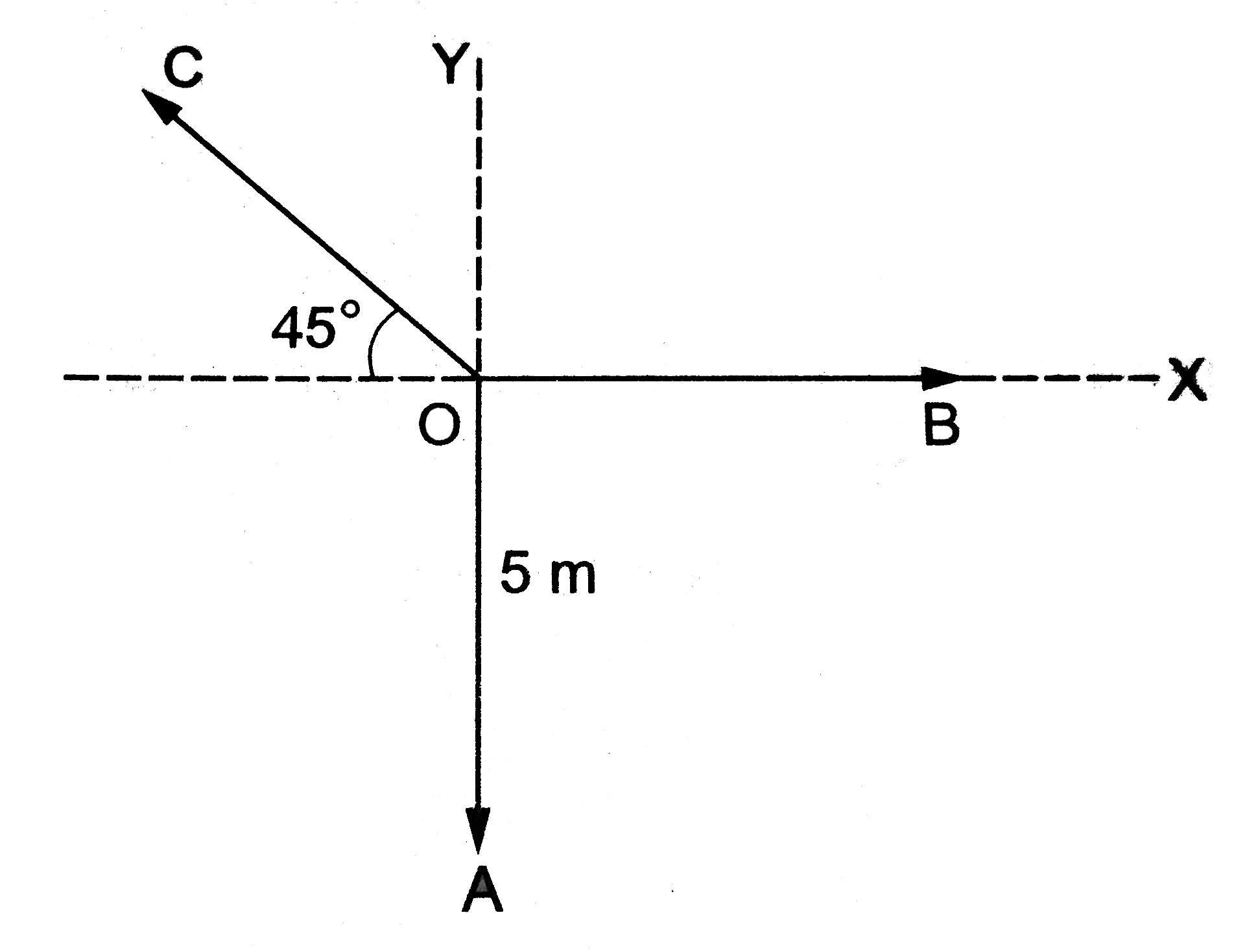
View SolutionThe magnitude of vectors `vec(OA), vec(OB) and vec (OC)` in figure are equal. Find the direction of `vec(OA)+vec(OB)-vec(OC)`.
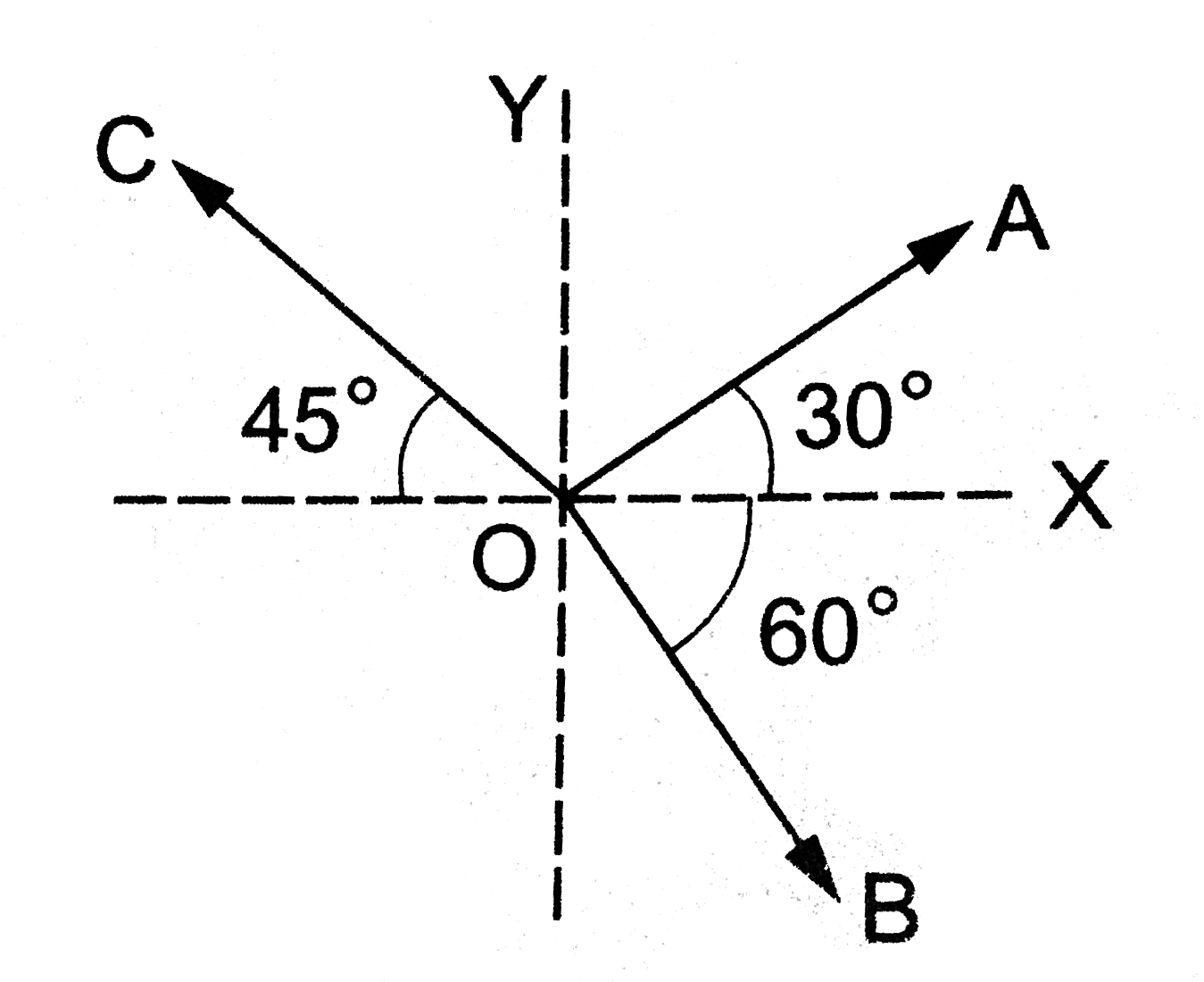 .
.
View SolutionFind the resultant of the three vectors `vec(OA), vec(OB)` and `vec(OC)` shown in figure. Radius of the circle is R.
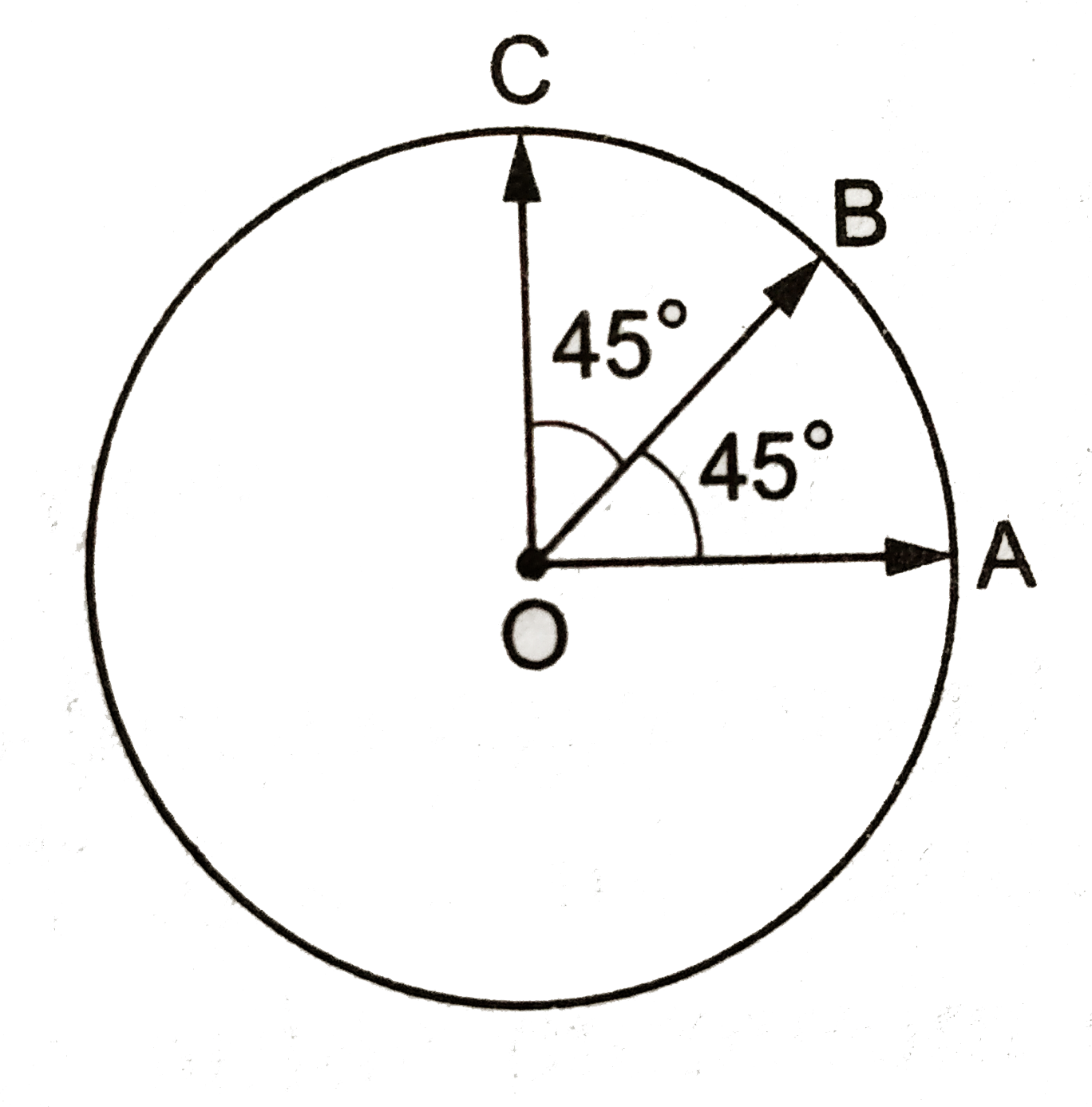
View SolutionThe resultant of vectors `vec(OA) and vec(OB)` is perpendicular to `vec(OA)`. Find the angle AOB.
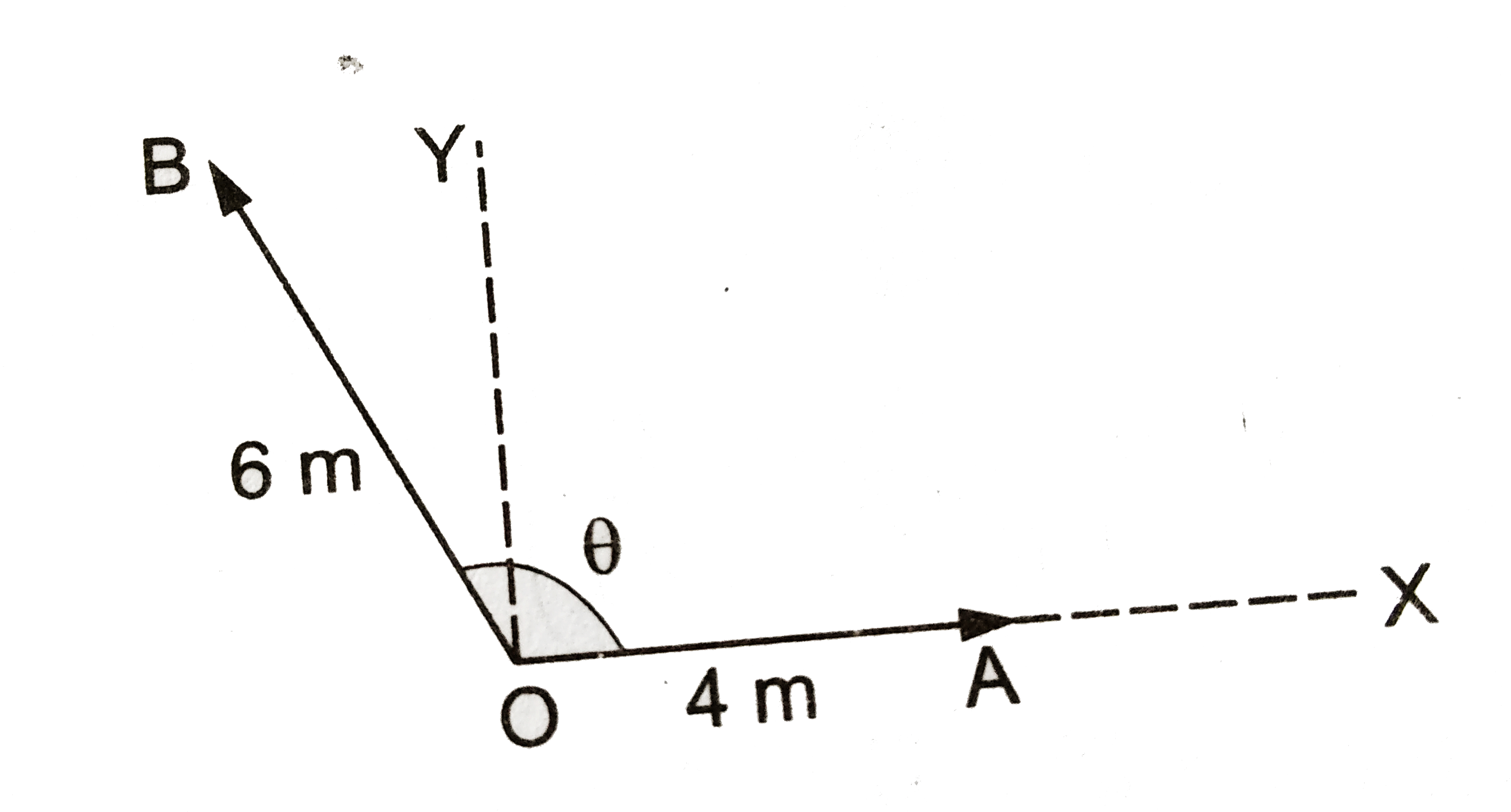
View SolutionWrite the unit vector in the direction of `vecA=5veci+vecj-2veck`.
View SolutionIf `|veca+vecb|=|veca-vecb|` show that `veca_|_vecb`.
View SolutionIf `veca=2veci+3vecj+4veck and vecb =4veci+3vecj+2veck`, find the angle between `veca and vecb`.
View SolutionIf `vecA=2veci-3vecj+7veck, vecB=veci+2veck and vecC=vecj-veck` find `vecA.(vecBxxvecC)`.
View SolutionThe volume of a sphere is given by
`V= 4/3 pi R^3`
where R is the radius of the sphere (a). Find the rate of change of volume with respect to R. (b). Find the change in volume of the sphere as the radius is increased from 20.0 cm to 20.1 cm. Assume that the rate does not appreciably change between R=20.0 cm to R=20.1 cm.
View SolutionFind the derivative of the following functions with respect to x. a. `y=x^2 sinx, b. `y= (sin x)/x and c. y=sin (x^2)`
View SolutionFind the maximum and minium values of the function `(x+1/x)`.
View SolutionFigure shows the curve `y=x^2`. Find the area of the shaded part between `x=0 and x=6`.

View SolutionEvaluate
where A and omega are constants. `int^t _0 A sin omega dt `
View SolutionThe velocity v and displacement x of a particle executing simple harmonic motion are related as
`v (dv)/(dx)= -omega^2 x`.
`At x=0, v=v_0.` Find the velocity v when the displacement becomes x.
View SolutionThe charge flown through a circuit in the time interval between `t and t+dt` is givne by `edq=e^(-t/tau)dt,` where `tau` is a constnt. Find the total charge flown through the circuit betweent `t=0 to t=tau`.
View SolutionEvaluate `(21.6002+234+2732.10)xx13`.
View Solution
work out Example questions and complete solutions for chapter PHYSICS AND MATHEMATICS of HC VERMA PHYSICS (ENGLISH) of Class 11